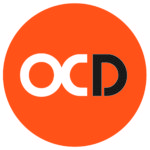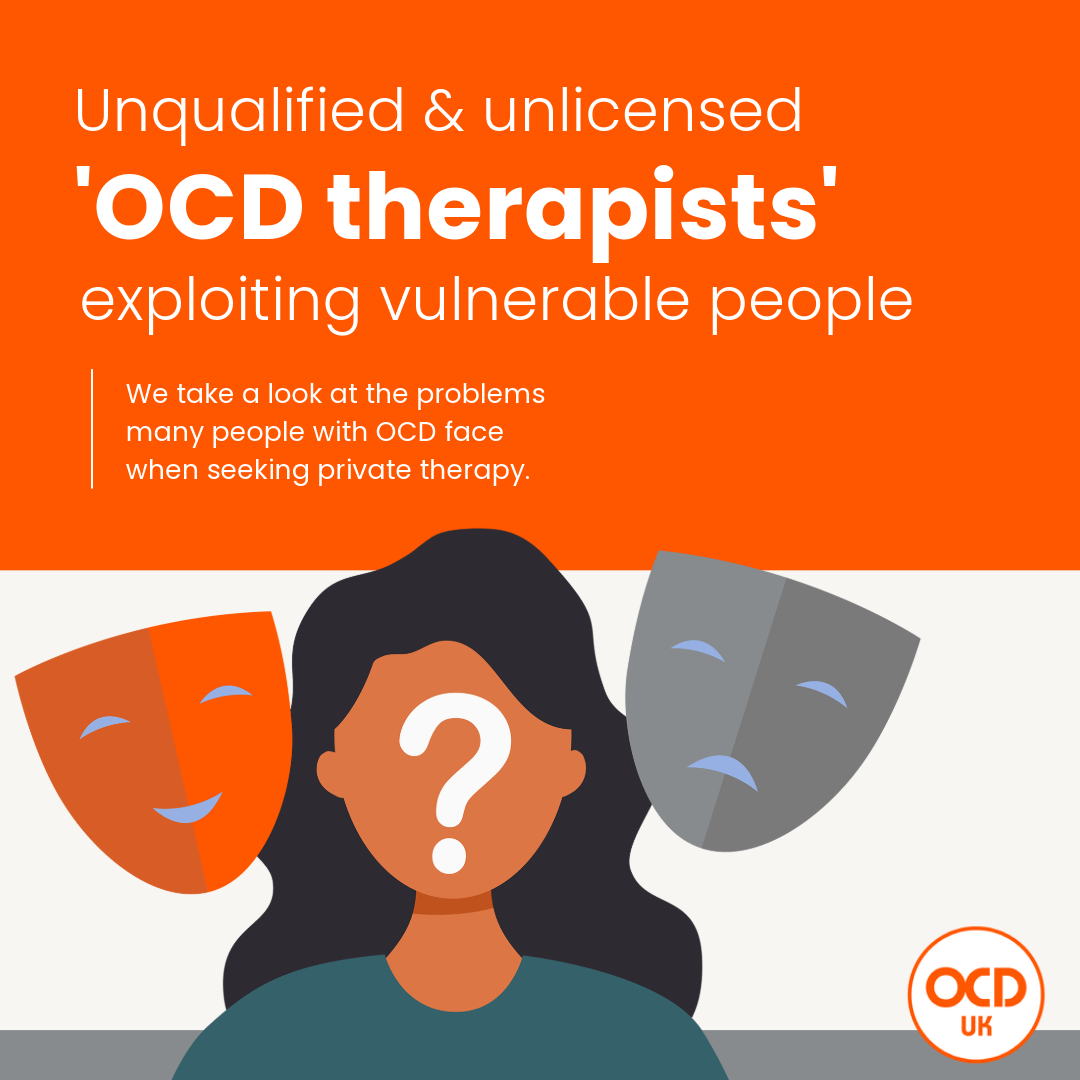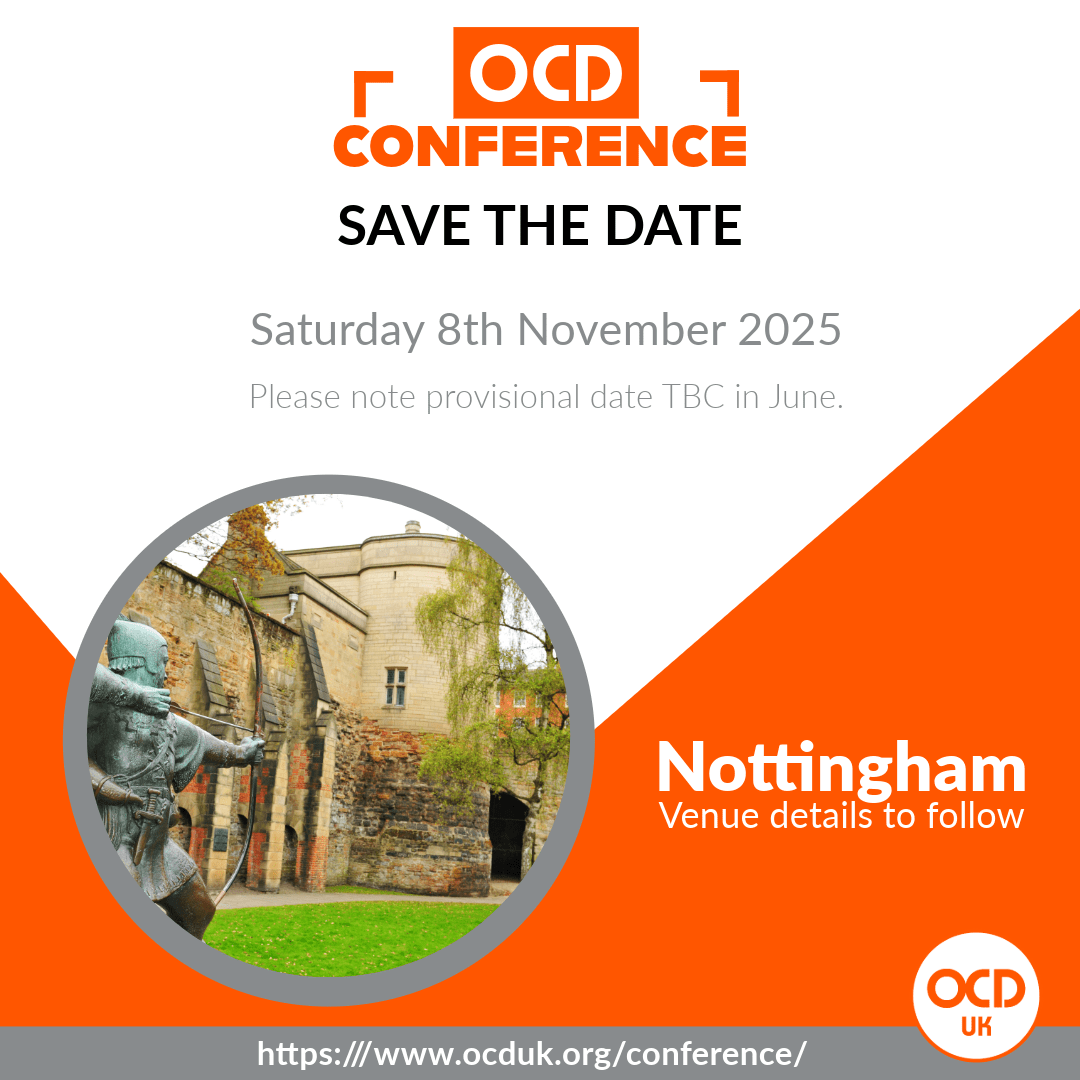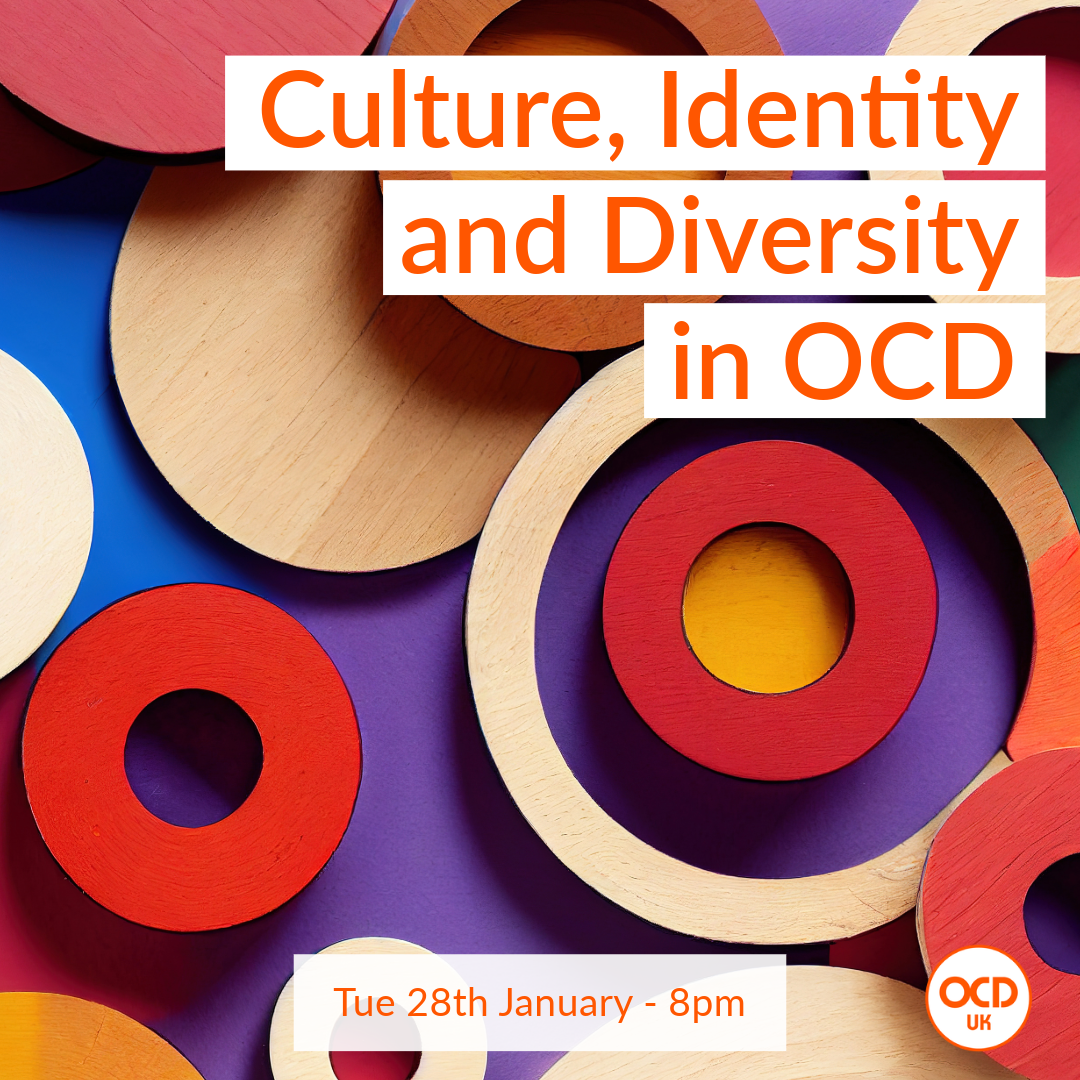In recent years we have seen the OCD acronym and ‘meaning’ hijacked to suggest a person who is organised and tidy, or someone who is pernickety and fussy, which we all know couldn’t be further from the truth for someone suffering with Obsessive-Compulsive Disorder (OCD). Despite the severity of OCD, popular culture frequently makes references to certain celebrities being ‘a little OCD’, such comments fail to take into account the fact that the ‘D’ in OCD means disorder.
So before we look more closely at OCD, let us discuss what a disorder is.
Disorder – An illness that disrupts normal physical or mental functions.Oxford English Dictionary
A disorder could be defined as a set of problems, which result in causing significant difficulty, distress, impairment and/or suffering in a person’s daily life. As the quote above shows, the Oxford English Dictionary define a disorder as an illness that disrupts normal physical or mental function, and it’s fair to say that Obsessive-Compulsive Disorder ticks all those criteria.
Looking at disorders in a little more detail, they are physical or mental conditions that disturb the regular or normal functions of everyday activities and day to day life. They can take up a lot of time and complicate the normal functioning of an individual.
Due to the nature of disorders being flexible, they may not always be evident in every single situation and equally what may affect one individual may not be as troublesome to another individual in the same situation. Therefore, a disorder is a very flexible and individual term.
Equally, a disorder may be persistent, relapsing and remitting, it is not unusual for symptoms to wax and wane over time and become a little like a rollercoaster, with the severity increasing during times of stress, perhaps at work, university or within relationships for example.
All of which is why OCD-UK are focusing much of our awareness work on highlighting the fact that the ‘D’ in OCD means disorder and as discussed elsewhere on the website it is why last year we changed our logo to highlight the D – as you will read on this webpage there are actually some very specific reasons we designed the OCD-UK logo the way we have.
What to read next:

























